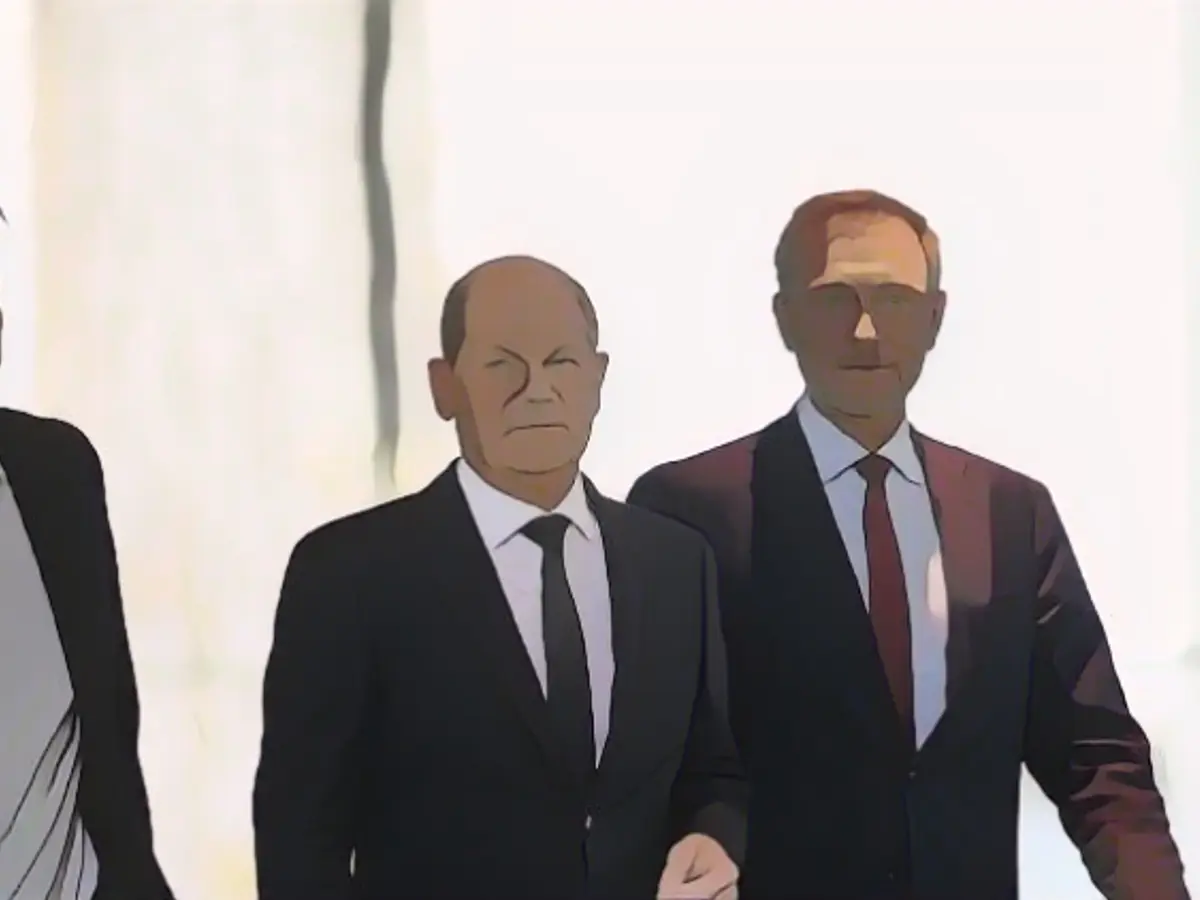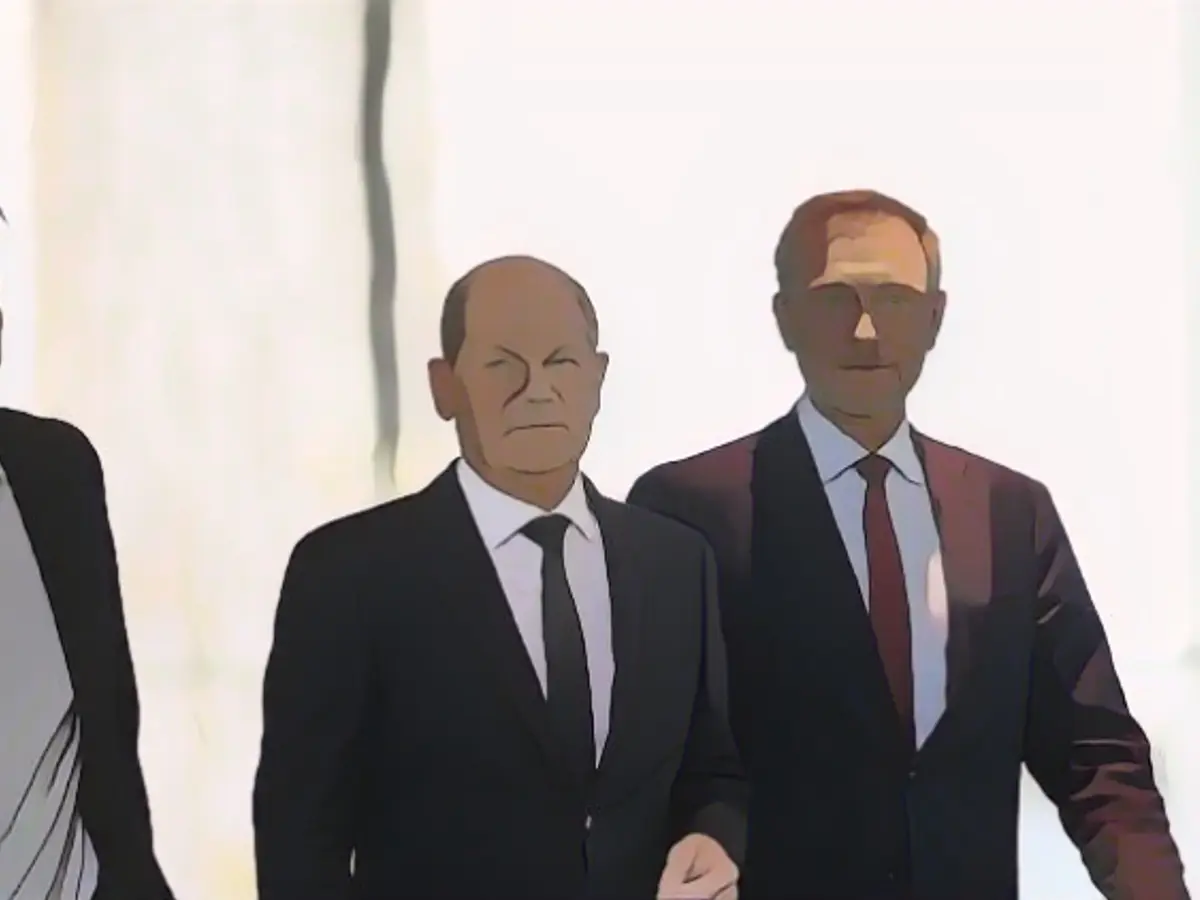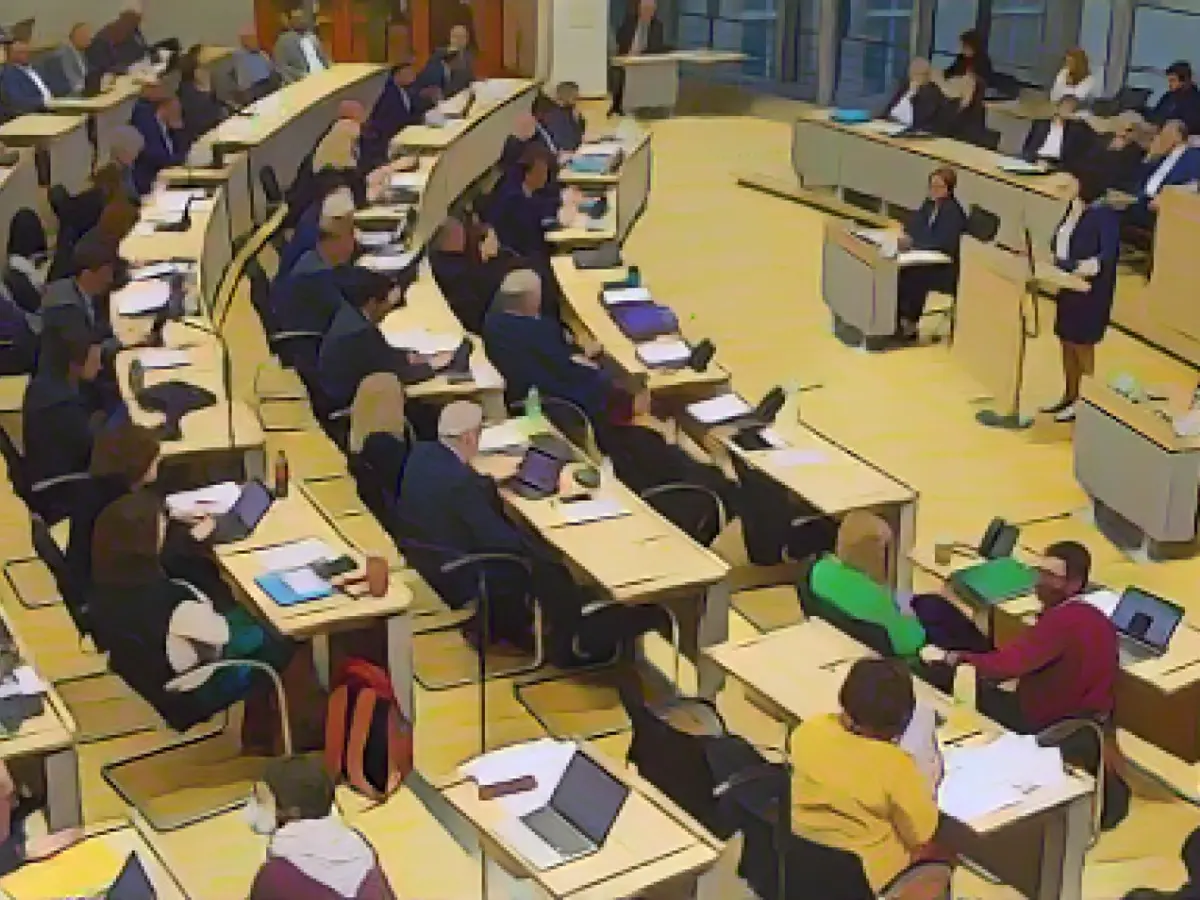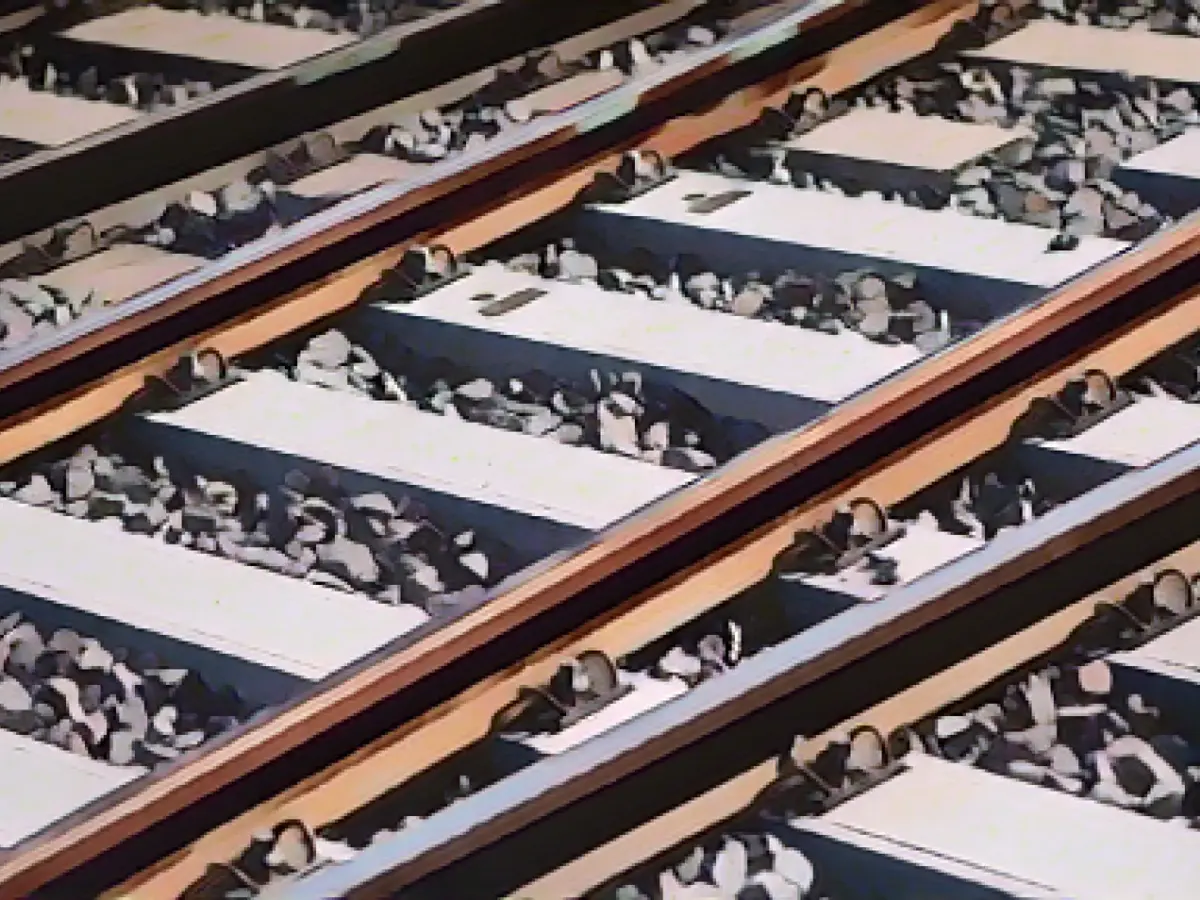The FDP's Coalition Crisis: Lindner and the Traffic Light Uncertainty
The German federal government finds itself in a turbulent time. The Karlsruhe ruling has placed the coalition in a severe financial predicament. Unlike the SPD and the Greens, FDP leader Lindner advocates utilizing the remaining funds for economic purposes. Some parallels between this present situation and Genscher's actions in 1982, when SPD Chancellor Schmidt dissolved the coalition, are hard to ignore.
Berlin witnesses signs of an impending confrontation within the FDP. The party may reconsider the coalition if the Greens and SPD do not modify their financial policy fundamentally. As a demonstration of their resolve, Federal Finance Minister Christian Lindner imposed a budget freeze on almost the entire federal budget for 2023. The FDP parliamentary group in the Bundestag even speculates that the coalition's end could occur "this winter".

The Federal Constitutional Court's judgment has ignited a heated dispute. The SPD and Greens aim to finance their spending plans through increased taxes, new loans, and suspending the debt brake. Green Vice-Chancellor Robert Habeck stated: "We must find or raise the money elsewhere." This stance is diametrically opposed to the FDP's stance on non-negotiable guardrails, such as upholding the debt brake and refusing tax increases.
Tensions escalate as both sides hurled accusations. Unlike in previous coalition disagreements, the current conflict is not centered on an individual law but revolves around the whole traffic light policy. It seems that the FDP remains firm in its stance, as it was never about a specific law in the past.
"We're not dealing with a revenue problem"
Lindner speaks with a sharp tone, viewing this moment as a turning point in the Federal Republic's financial history. An "honest new start" is needed for public finances, he stated, and "for a new realpolitik." He recommends a shift towards less bureaucracy, agile administration, technology-friendliness, and mobilizing private capital for investments. "Everyone must realize that excessive expectations towards the state cannot be met," he warned. This position stands in stark contrast to the SPD and Greens' vision of politics.
The situation has grown even more challenging due to the fact that the economic stabilization fund (and thus the electricity and energy price brakes) may not withstand a constitutional review. The current budget would likely require a complete overhaul and drastic reductions to meet constitutional requirements.
The impact of the budget crisis only intensifies the unstable condition of the coalition government. The coalition is already grappling with the migration and economic crisis, with the FDP and Greens' objectives being truly disparate.
Westerwelle's Legacy Looms Over Lindner
Inevitably, the names Westerwelle and Genscher resurface in the FDP's inner turmoil. Just like in 2013, when Westerwelle failed to establish a prominent liberal profile and CDU supporters rallied around him, Lindner seeks to learn from the past. He strives to avoid a repeat of Westerwelle's experiences, which resulted in the FDP's exit from the Bundestag.
The Lambsdorff Paper: A Blueprint for the Future
Influenced by the Liberals' desire to build upon the "Genscher Turnaround" of 1982, Lambsdorff's paper serves as a potential blueprint for Lindner. The famous document, which Lambsdorff published as Economics Minister under Genscher, advocates for sound public finances, less debt, strict budget consolidation, and restructuring public expenditures. It is a bold proclamation that parallels Lindner's recent statements.
In summary:
- The FDP, led by Finance Minister Lindner, advocates for economic austerity in contrast to the SPD and Greens, causing tension within the traffic light coalition.
- The FDP parliamentary group hints at the likelihood of the coalition's dissolution "this winter."
- The political trauma of the FDP's past – as experienced under Westerwelle – serves as a cautionary tale to Lindner and other party members.
- The revered, former FDP leader, Genscher, has left a lasting impact on the FDP's history and serves as an example for Lindner to follow.
- Otto Graf Lambsdorff's 1982 document, which emphasized sound finance and structural reforms, has resurfaced and could potentially guide Lindner's actions in the present crisis.








